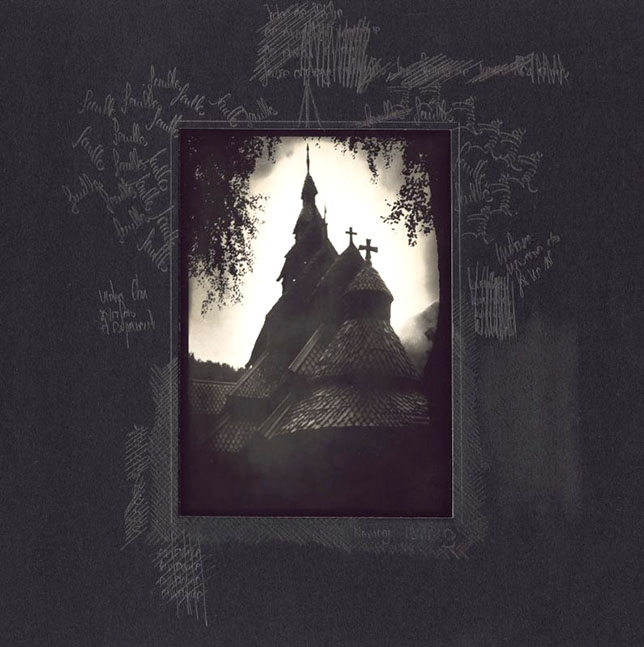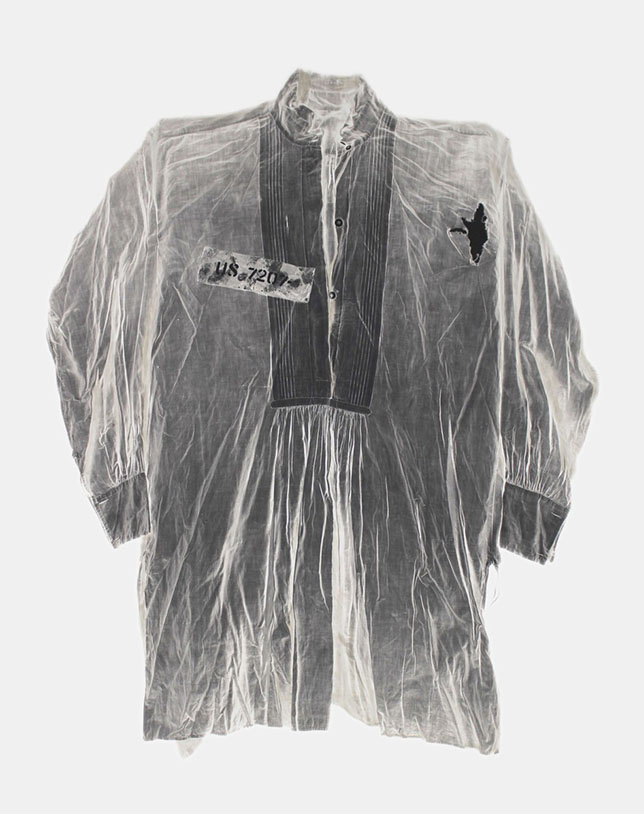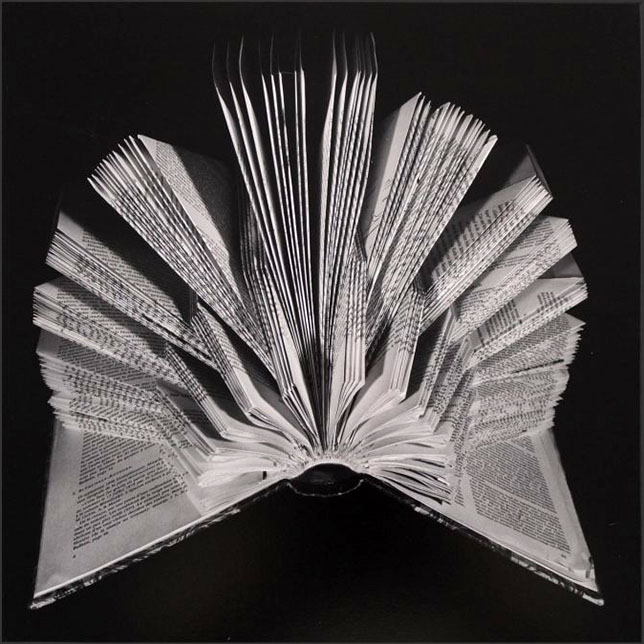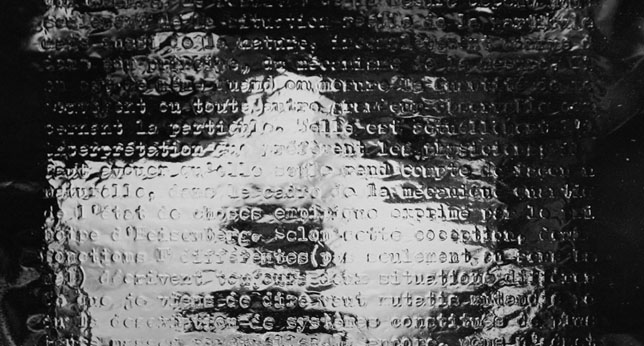After several years of work in the world of Physical Science, he devoted himself to painting due to health problems. For 10 years, he painted and participated in numerous exhibitions.
Around 1979, his plastic research led him to photography. His first works in small black and white formats date from 1980. In 1982, he received the DRAC grant (Aide à la Création) which allowed him to rediscover the daguerreotype, which he produced until 1986. He is considered to be the one of the most important contemporary daguerreotypist.
In 1986, he was represented by the Michèle Chomette gallery in Paris. He received the ACMISA grant in 1989. He produced Optica Naturalis IV for the Georges Pompidou center (National Museum of Modern Art), and a daguerreotype panorama of Paris for the Carnavalet Museum.
In 1990, he was awarded the European Center for Contemporary Artistic Actions (CEAAC).
From 1992, he began to play with the inverted image. In 1993, he designed a restaurant room in Strasbourg, and he received the CNAP grant for a Study on the Church of Notre Dame d'Etampes.
In 2000, he was represented by the Baudoin Lebon gallery in Paris. He obtained the WATTWILLER scholarship the same year.
During his 10 years when he was interested in painting, Patrick Bailly-Maitre-Grand embarked on an observation of reality, immersing himself in a hyperrealistic painting, cold, precise, analytical using lacquers and acrylics to slow drying. He chooses, frames, samples, isolates certain elements rather than others, he works on the shadows, the sources of light and he flees the notion of perspective.
Then he begins to work with photographic tools because photography reminds him of the scientific, technological rigor and the poetic aesthetic that he translates with humor. His photographs, strictly analog, are black and white argentic. He takes his own photographs, from shooting to prints. His photos are characterized by a playful imagination, associated with complex technologies such as the Daguerreotype, periphotography, strobophotography, chemical turns, direct monotypes, rayograms and other inventions of his own.
For him, photography is a way of looking at the world and giving it a temporary meaning. Thanks to the light variations necessary for taking a photograph, the artist wants to invent new photographic processes. The artist then asks the question of the optical phenomena and the systems invented to restore the impression of space and depth.
© 2020. All content on this blog is protected by international copyright laws All images are copyrighted © by Patrick Bailly-Maitre-Grand. Apart from fair dealing for the purpose of private study, research, criticism or review as permitted under the Copyright Act, the use of any image from this site is prohibited unless prior written permission is obtained. All images used for illustrative purposes only
 |
| Patrick Bailly-Maitre-Grand |
 |
| Les Noires 1980 |
 |
| Les Classiques 1980-85 |
 |
| Statue de la Liberté 1984 |
 |
| Statue de la Liberté 1984 |
 |
| Céline 1993 |
 |
| Poussières d'eau 1994 |
 |
| Mouches millimetrées 1995 |
 |
| Anneaux d'eau 1997 |
 |
| Uranies 2000 |
 |
| Les Gueules cassées 2009 |
 |
| Les Gueules cassées 2009 |
 |
| Testaments 2009 |
 |
| Testaments 2009 |
 |
| Hibernatus 2010 |
 |
| Apollo 11 2011 |
 |
| Confusius 2011 |
 |
| Scènes de ménage 2012 |
 |
| Scènes de ménage 2012 |
 |
| Les Codex 2013 |
 |
| Morituri te saluant 2014-2016 |
 |
| Morituri te saluant 2014-2016 |
 |
| Les Baobabs 2015 |
 |
| Les Cires 2015 |
 |
| Les Guenilles 2015 |
 |
| Les Lucioles 2015 |
 |
| Les Miroirs d'antan 2015 |
 |
| Mahabharata 2016 |
 |
| L’Anniversaire des vétérans 2017 |
 |
| Les Marque-pages 2017 |
 |
| Les Niponnes 2017 |
 |
| Les Braille 2018 |
 |
| Les Evasions 2018 |

No comments:
Post a Comment